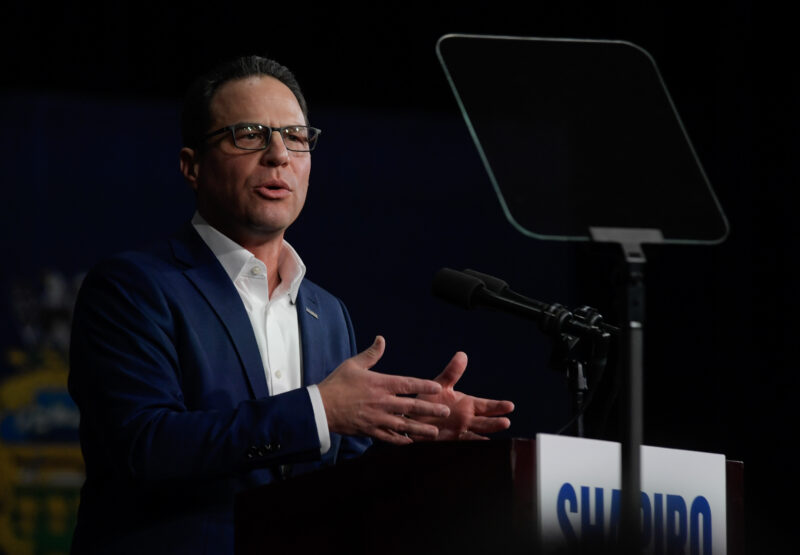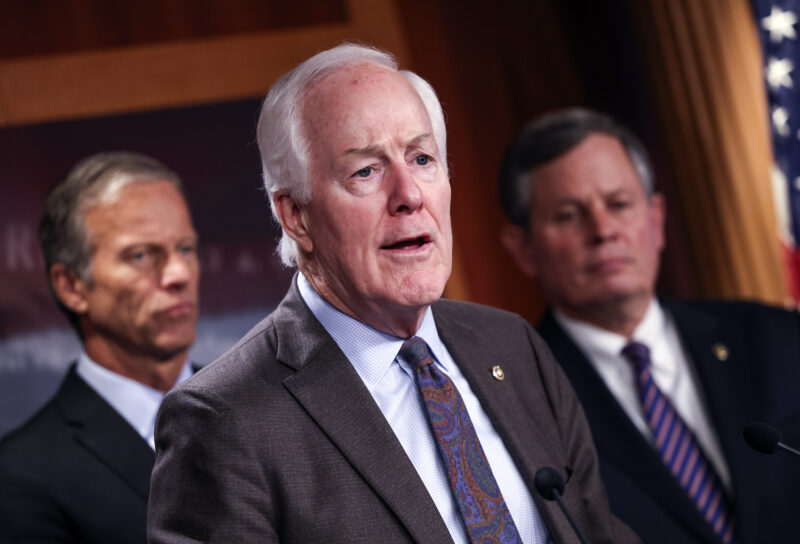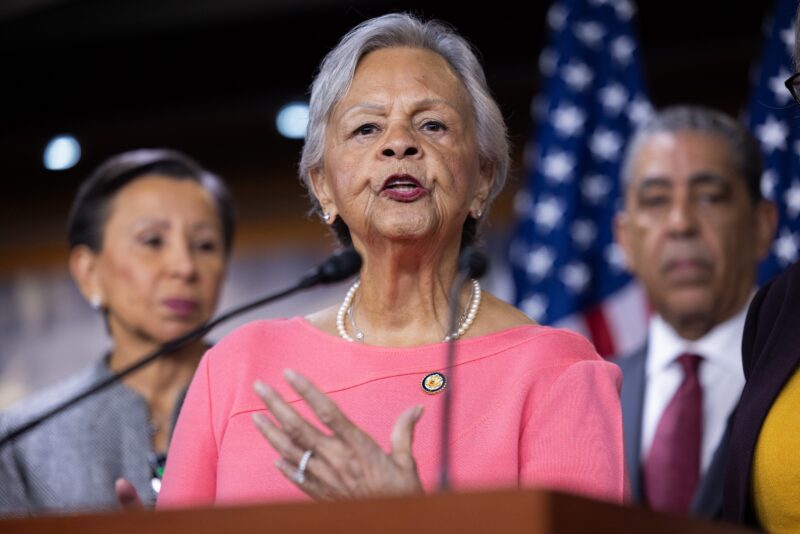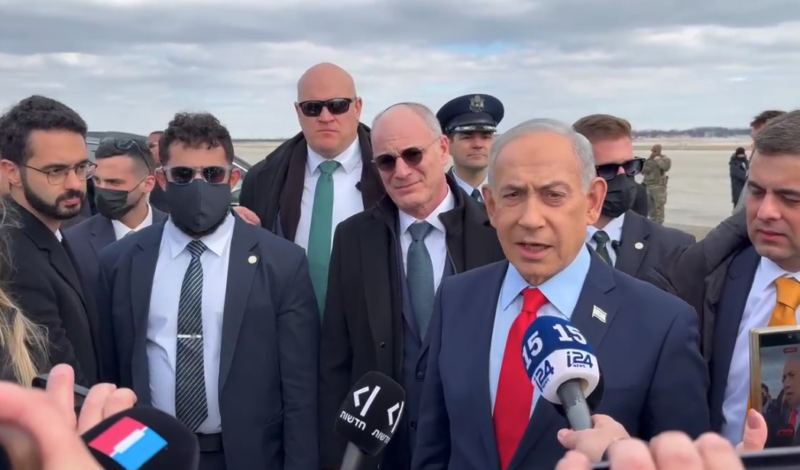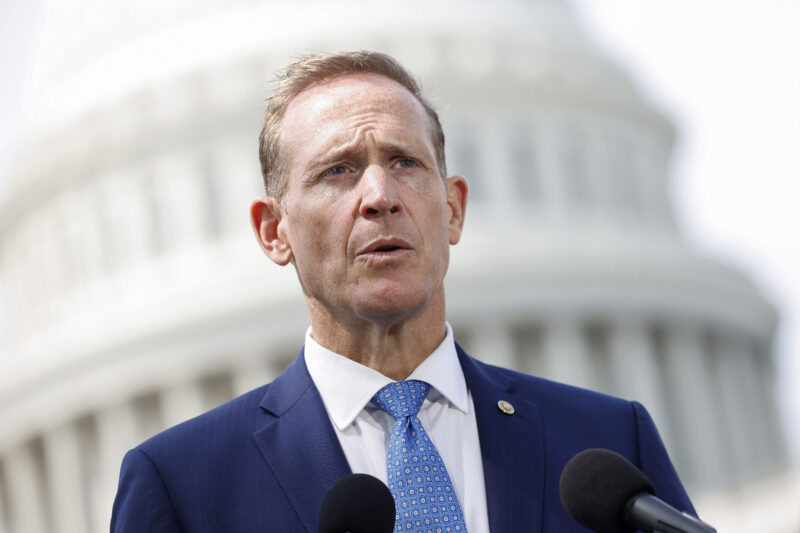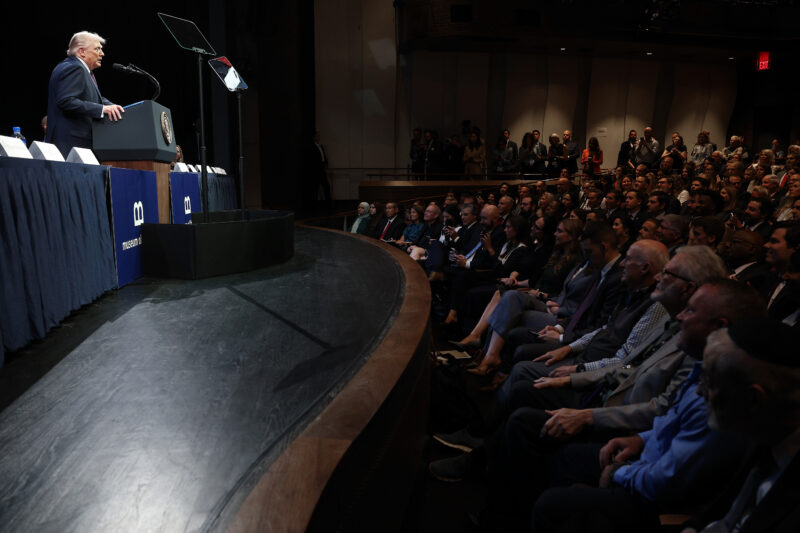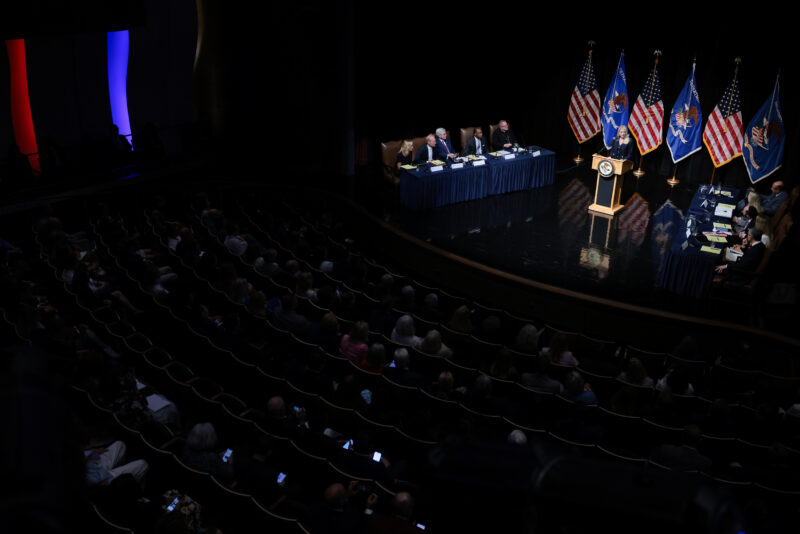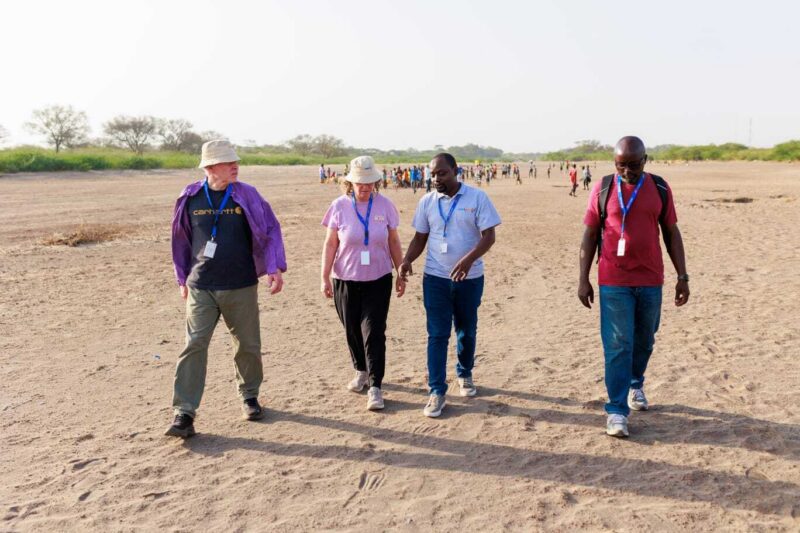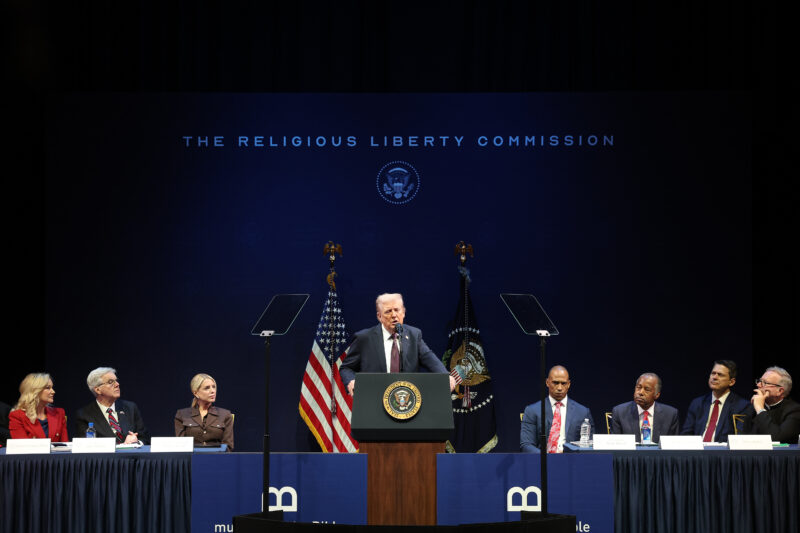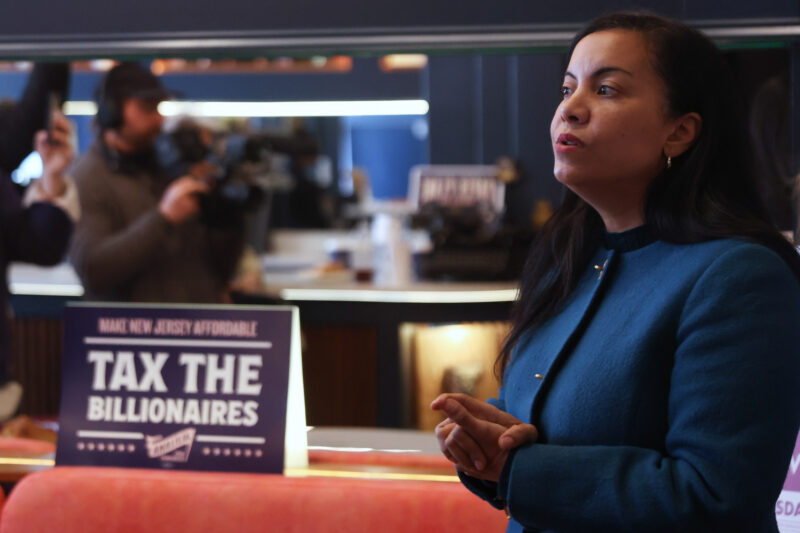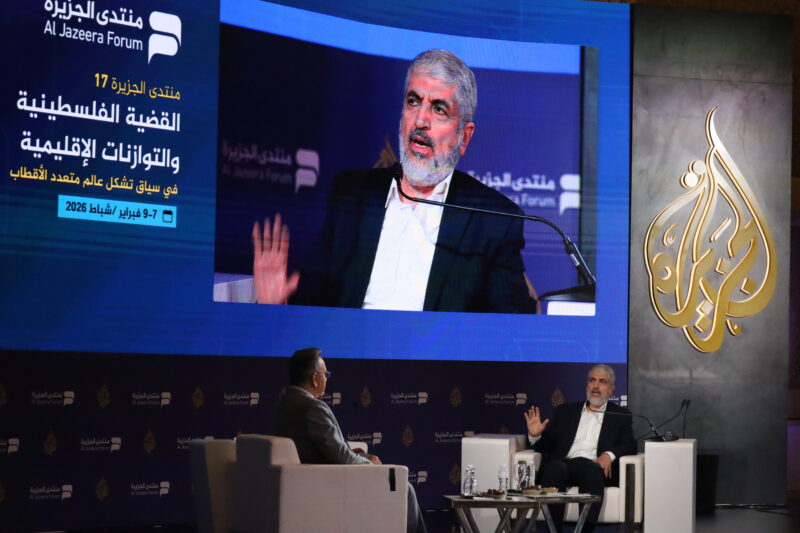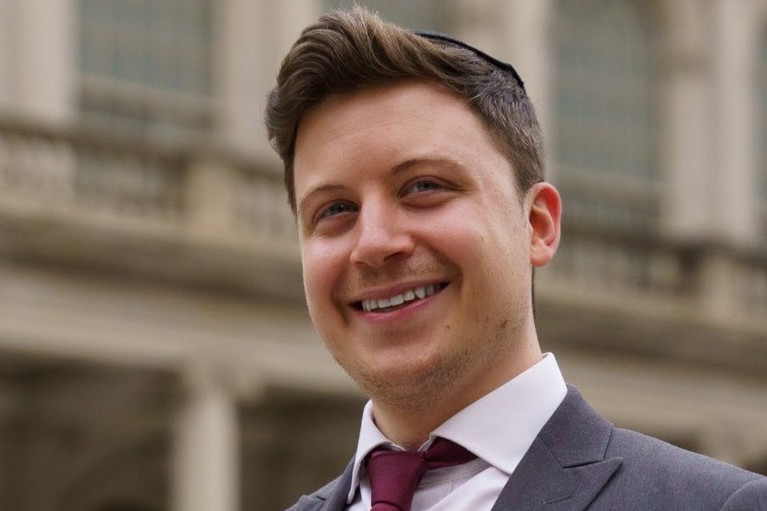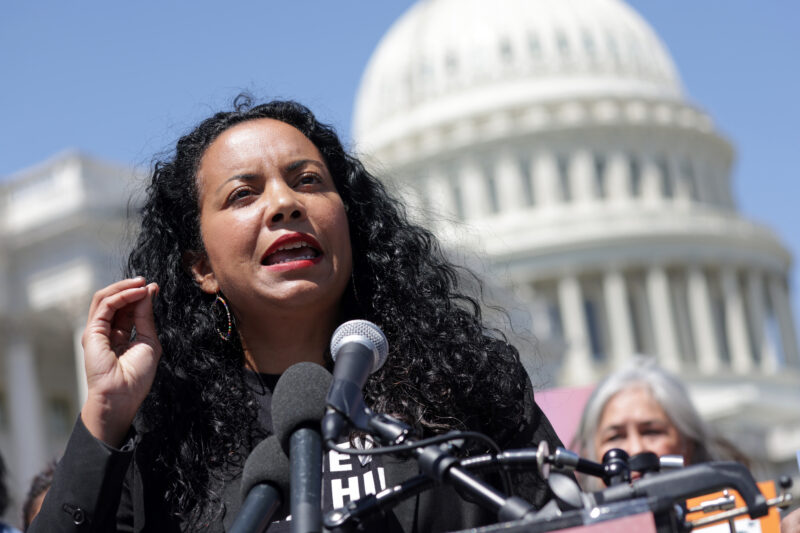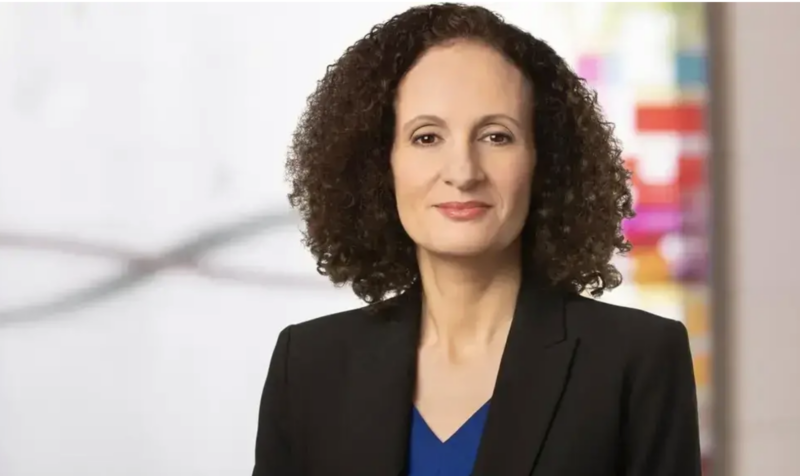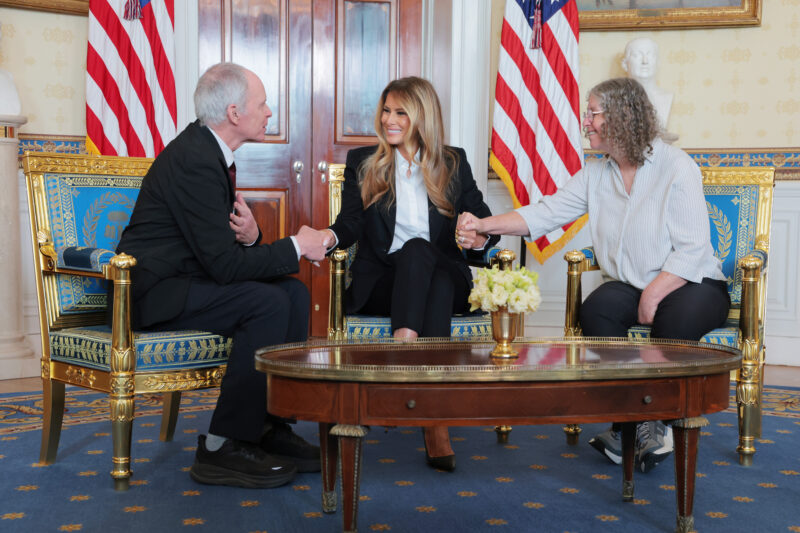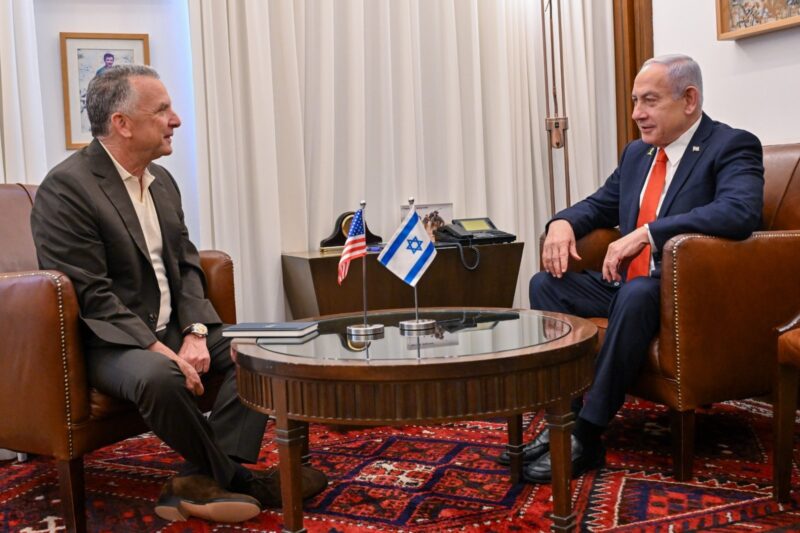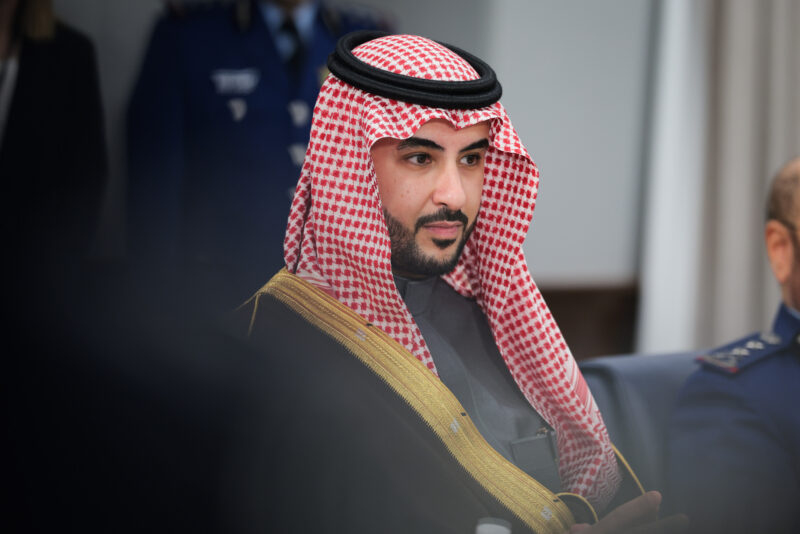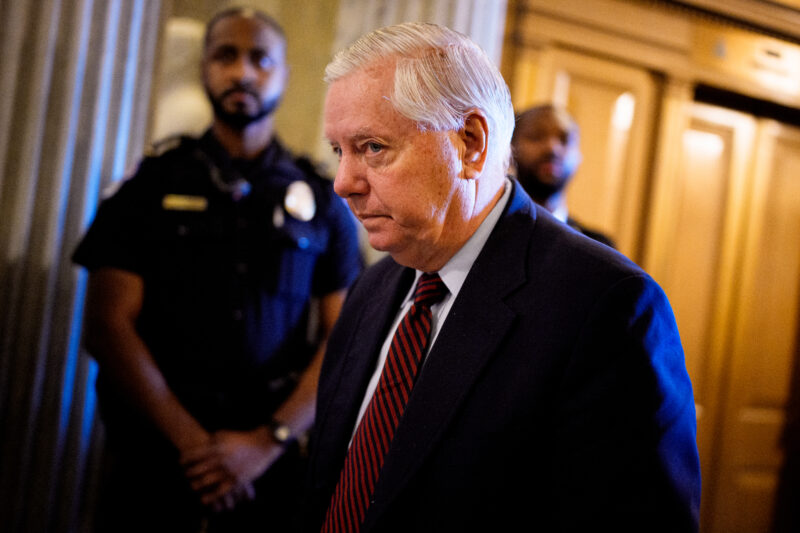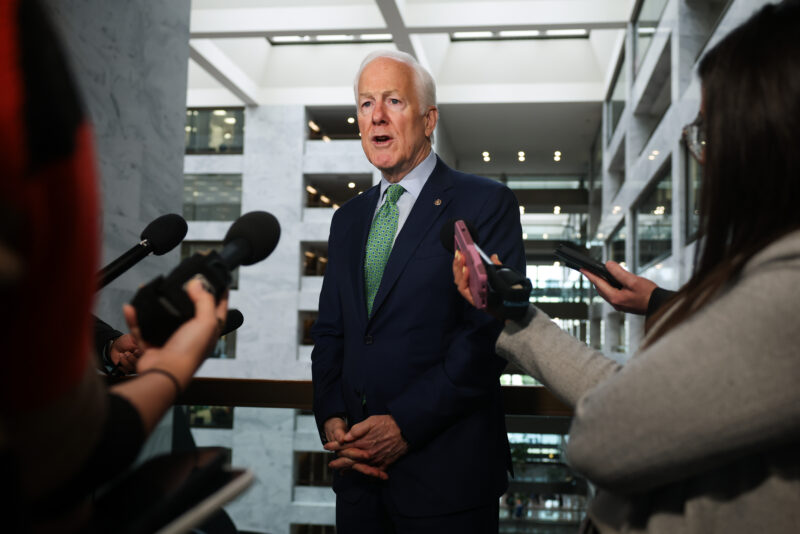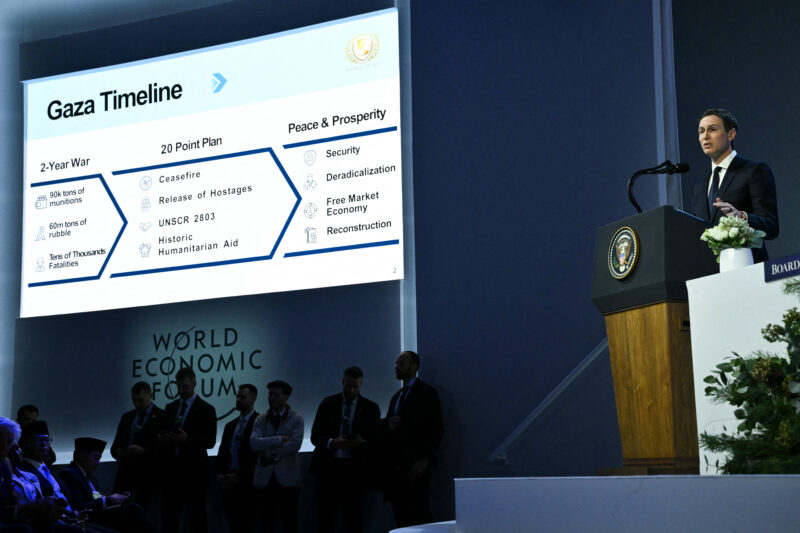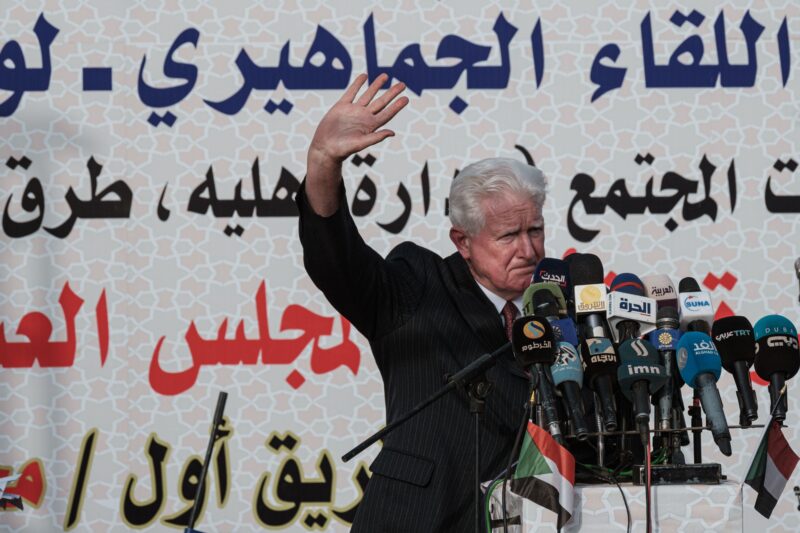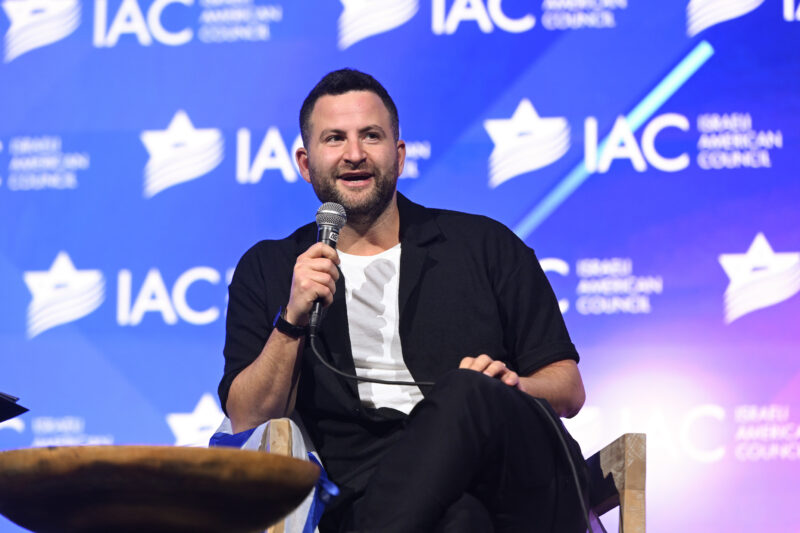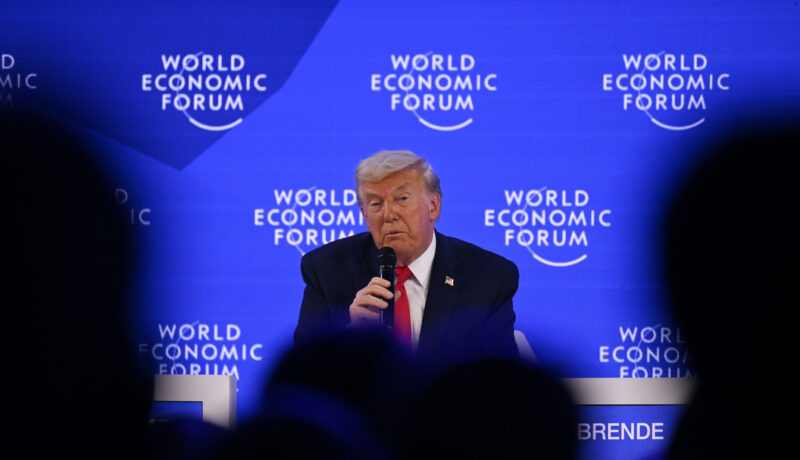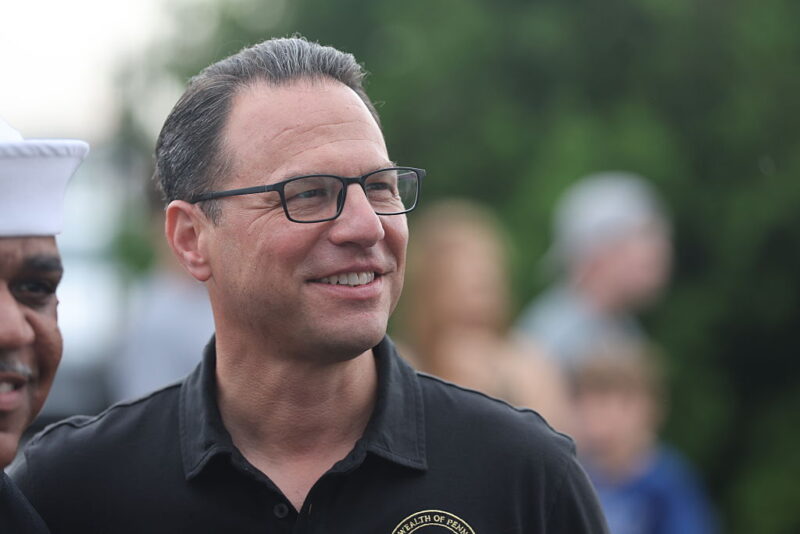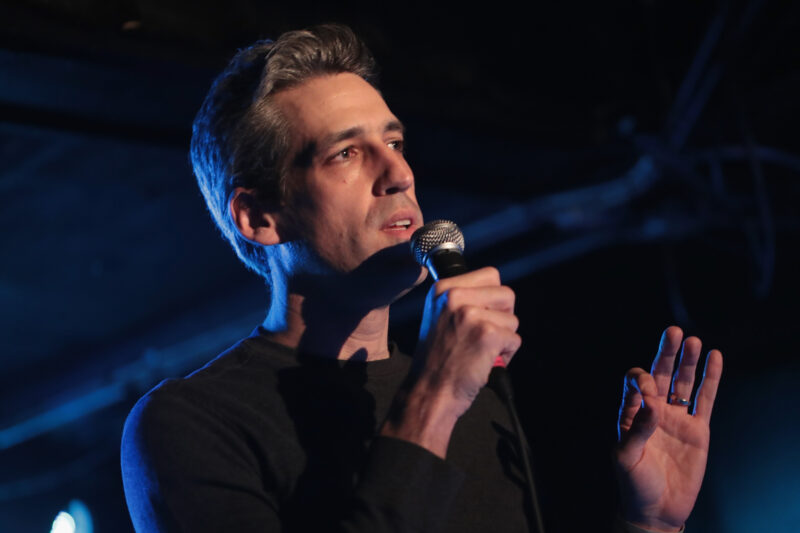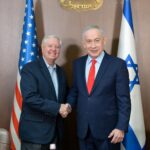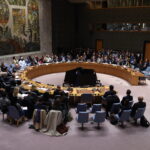Kazakhstan set to join Abraham Accords ahead of Syrian, Saudi leaders’ visits to Washington
The central Asian country, which has had relations with Israel for decades, has long sought the repeal of a Cold War-era law restricting its trade with the U.S.
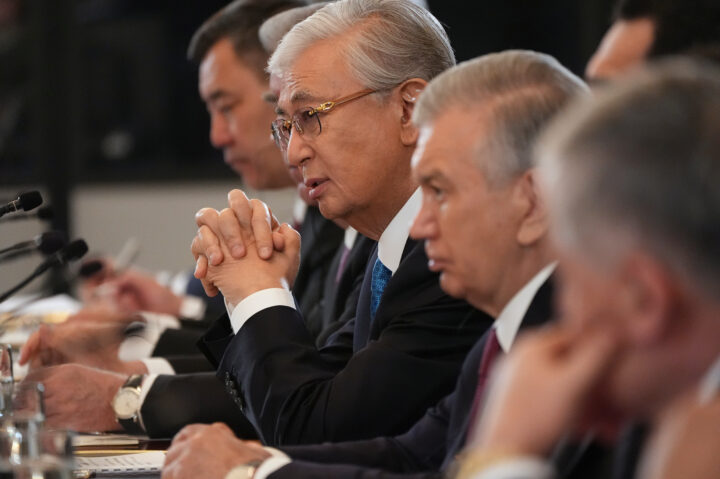
(AP Photo/Jacquelyn Martin)
Kazakhstan's President Kassym-Jomart Tokayev speaks alongside Kyrgyzstan's President Sadyr Japarov, left, and Uzbekistan's President Shavkat Mirziyoyev during a dinner with leaders from countries in Central Asia and President Donald Trump, Thursday, Nov. 6, 2025, in the East Room of the White House in Washington.
Kazakhstan, which has maintained diplomatic relations with Israel since 1992, will join the Abraham Accords, President Donald Trump announced on Thursday.
The announcement, made during Kazakh President Kassym-Jomart Tokayev’s visit to the White House, came shortly before a planned visit to Washington by Syrian President Ahmad a-Sharaa on Monday, and Saudi Crown Prince Mohammed bin Salman on Nov. 18.
In a post on Truth Social, Trump said he had held a call between Tokayev and Israeli Prime Minister Benjamin Netanyahu and that he will “soon announce a Signing Ceremony to make it official, and there are many more Countries trying to join this club of STRENGTH.” The Kazakh Embassy in Washington characterized the meeting as a discussion of “strengthening the Enhanced Strategic Partnership” between the countries. As of Friday morning Israel had not issued any official statement on the announcement.
The Trump administration has sought to bring Riyadh into the Abraham Accords and normalize relations with Israel since the Accords were announced in 2020, and has been negotiating an agreement between Damascus and Jerusalem, which reportedly may fall short of full diplomatic relations.
A Trump administration official told Axios that bringing Kazakhstan into the Abraham Accords is meant “as a first step in repairing Israel’s standing in the Arab and Muslim world” and that the White House wants to build momentum ahead of MBS’ visit.
Israel and Kazakhstan, a Muslim-majority country, have had diplomatic relations for 33 years, in contrast to the countries that previously joined the Abraham Accords — the United Arab Emirates, Bahrain and Morocco — which had not had open diplomatic relations with Israel. The accords marked a positive shift in Israel’s stature in the Middle East, and the relations have endured through the two-year war in Gaza.
Since Trump’s return to office, his administration has sought to expand the Abraham Accords with an eye on normalization between Israel and Saudi Arabia or Indonesia, the world’s most populous Muslim-majority country.
But they have also pushed Muslim-majority countries like Kazakhstan and Azerbaijan, which already have ties with Israel, to join the accords. Earlier this year, Farid Shafiyev, chairman of the Azerbaijan government-backed think tank the Center for Analysis of International Relations, told Jewish Insider that his country was “way ahead” of the Abraham Accords with its decades-long close relations with Israel, and dismissed American requests for Baku to join as “a bit of media buzz, but that’s it.”
As for Kazakhstan’s motivation, the central Asian nation has long lobbied Washington to cancel a Cold War-era law that has hindered its access to American markets, and could benefit from currying favor with the Trump administration.
For over a decade, Kazakhstan has lobbied to repeal the Jackson-Vanik Amendment to the U.S. Trade Act of 1974, which required the U.S. to downgrade trade with non-market economies — at the time, the Soviet bloc — that restricted emigration and other human rights. The amendment was intended to penalize the Soviet Union for not allowing Soviet Jews to leave.
In 2012, then-President Barack Obama signed the Magnitsky Act, which normalized trade relations between the U.S. and Russia and Moldova. However, the Jackson-Vanik Amendment continued to apply to Kazakhstan and other former Soviet republics, which have to receive an annual waiver in order to have normal trade ties with the U.S.
As far back as 2013, Kazakhstan’s Jewish community has worked with the country’s government and American Jewish organizations to lobby Congress to repeal Jackson-Vanik. Leading Jewish organizations working on the issue came out in strong support of Kazakhstan’s move to join the Abraham Accords.
Mark Levin, CEO of the National Coalition Supporting Eurasian Jewry (NCSEJ), formerly the National Council for Soviet Jewry, said the group has been “supportive for decades” of Kazakhstan’s “graduation from Jackson-Vanik” and that the country has “more than met the requirements to be graduated.”
“We hope that the Trump administration will come out in full support of the U.S.-Kazakhstan Trade Modernization Act and encourage Congress to pass it,” Levin said, referring to the bipartisan legislation introduced by Reps. Jimmy Panetta (D-CA), Robert Aderholt (R-AL), Dina Titus (D-NV), Darin LaHood (R-IL), Ami Bera (D-CA) and Tom Suozzi (D-NY) in February.
William Daroff, CEO of the Conference of Presidents of Major Jewish Organizations, which was instrumental in getting Jackson-Vanik passed, said that the group “has long advocated for Kazakhstan’s graduation from the Jackson-Vanik Amendment, recognizing its sustained commitment to Jewish life, religious tolerance, and strong bilateral ties with both Israel and the United States. Repealing Jackson-Vanik would be both symbolically and strategically significant: affirming Kazakhstan’s modern record while strengthening the framework of partnership that the Abraham Accords embody.”
Daroff also said that “the reported decision by Kazakhstan to join the Abraham Accords represents a meaningful step toward deepening cooperation between Israel and the broader Muslim world.”
Daniel Mariaschin, CEO of B’nai B’rith International, said the repeal of Jackson-Vanik would be “a long overdue course correction for both the country itself, and for our community. Working for years in tandem with others in our Jewish community, we have long called for the removal of trade restrictions on a country that has demonstrated respect for its Jewish community, established ties over 30 years ago with the State of Israel, and seeks a strong relationship with the United States. Kazakhstan will be an important player in what we hope will be an ever-expanding group of Abraham Accords countries in the months to come.”
This story was updated at 2 a.m. ET.
Please log in if you already have a subscription, or subscribe to access the latest updates.




